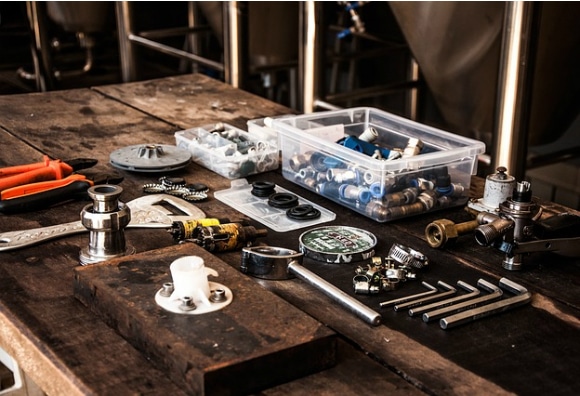Marine
Working in the marine sector are marine engineers and naval architects, designing, building and manufacturing all types of vessel that travel in or on water – from the largest of aircraft carriers, oil tankers and cruise liners, to submarines, yachts and dinghies.
Naval architect jobs
Naval architects are responsible for conceptualising an idea, producing workable designs and liaising with engineers on its feasibility. Tasks carried out by naval architects vary depending on the actual post and the area in which they are specialising. However, in general they may include: designing ships and boats, related components and specialist equipment, using complex mathematical and physical models to ensure the ship's design is technically sound and that it complies with safety regulations; and planning the whole build process of a vessel, managing everything from concept through to delivery of the final product.
Naval architects might also act as consultants – providing clients with engineering solutions, technical and commercial guidance, support and project management for concept design studies, new vessel constructions, refits and conversions. They might conduct risk analysis of ships and marine structures, using the regulations of classification societies and intergovernmental organisations such as the International Maritime Organisation (IMO), to assess aspects of design such as strength, stability and lifesaving, as well as providing on-board safety training for crews.
Marine engineering jobs
Marine engineers involve are entrusted with taking a plan and delivering on it, helping to bring it into reality. They need a detailed technical knowledge of naval construction, and mechanical, electrical and electronic engineering systems. Marine engineers build, test and repair ships, boats, underwater craft, offshore platforms, and drilling equipment. They often work closely with naval architects to design vessels or other structures.
The Royal Navy is a huge employer of professionals in this industry. Furthermore, leisure boat yards, engineering consultancies, equipment manufacturers, the government and the big players in the gas and oil industry are all regularly on the lookout for great designers and engineers.
There are many other roles in this industry: from ship builders and site managers, to carpenters, welders, metal workers and carbon fibre technicians. Suppliers also play a huge part in this sector too. The size of the ships and the massive variety of materials used to create these vessels necessitates a complex system of suppliers and contractors from various different disciplines.
Marine apprenticeships
On an Intermediate Apprenticeship (Level 2) you could train in roles like:
- Boat builder
- Laminator
- Marine electrics
- Marine engineer
On an Advanced Apprenticeship (Level 3) you could take on more specialised roles like:
- Boat builder
- Carpenter
- Marine electrics
- Marine engineer
School leavers could also look at marine-related courses at further education college and university.



